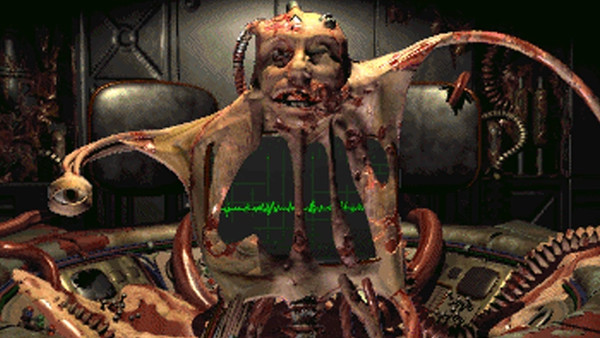

Nika Shahkarami, who lived in the capital with her mother, vanished one night last month during the protests in Tehran, her uncle Kianoush Shakarami told Tasnim news agency. The recent disappearance and death of a 17-year-old girl in Tehran, however, has unleashed an outpouring of anger on Iranian social media. "Neither foreign enemies nor domestic opposition can take cities into a state of riot without a background of discontent," its editorial read. Iran's supreme leader, Ayatollah Ali Khameini, blamed the United States and Israel for inciting the unrest on Monday, while the government has also cast blame for the unrest on Kurdish opposition groups in the country's northwest. The hardline Kayhan daily on Tuesday tried to downplay the scale of the movement, saying that "anti-revolutionaries," or those opposed to the Islamic Republic, "are in the absolute minority, possibly one per cent."īut another hardline newspaper, the Jomhuri Eslami daily, cast doubt on government claims that foreign countries were to blame for the country's turmoil. (Office of the Iranian Supreme Leader/The Associated Press) Khamenei responded publicly on Monday to the biggest protests in Iran in years, breaking weeks of silence to condemn what he called 'rioting' and accused the U.S. Iran's Supreme Leader Ayatollah Ali Khamenei attends a graduation ceremony of a group of armed forces cadets at the police academy in Tehran on Monday.

#FALLOUT 4 MORE ENEMIES SERIES#
A series of festering crises have helped fuel public rage, including the country's political repression, ailing economy and global isolation. The protests, which emerged in response to the death of 22-year-old Mahsa Amini after her arrest for allegedly violating the Islamic Republic's strict dress code, have embroiled dozens of cities across the country and evolved into the most widespread challenge to Iran's leadership in years. "Unity and national integrity are necessities that render our enemy hopeless." "Today the country's determination is aimed at co-operation to reduce people's problems," he told a parliament session. Raisi acknowledged that the Islamic Republic had "weaknesses and shortcomings," but repeated the official line that the unrest sparked last month by the death of a woman in the custody of the country's morality police was nothing short of a plot by Iran's enemies. Iranian President Ebrahim Raisi on Tuesday appealed for national unity and tried to allay anger against the country's rulers, as weeks-long protests critical of the government continued to spread to universities and high schools.


 0 kommentar(er)
0 kommentar(er)
